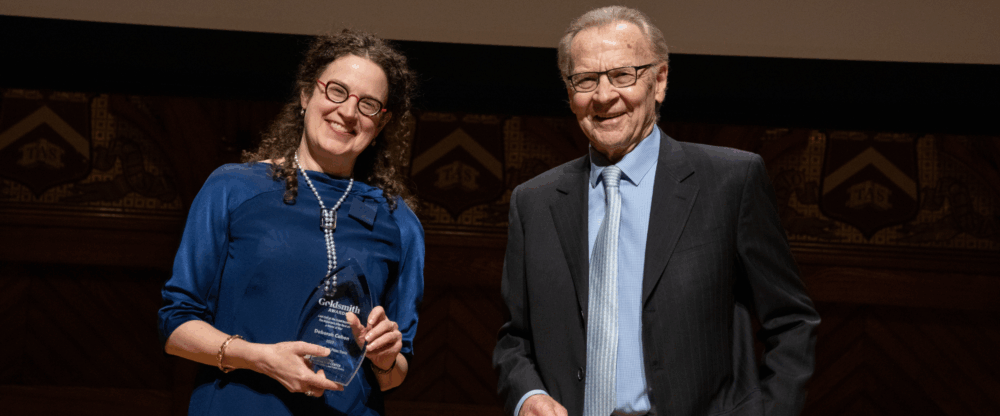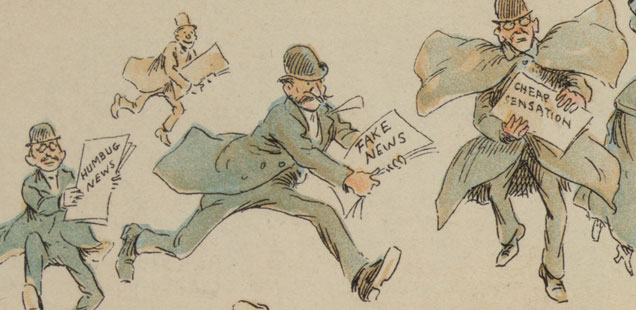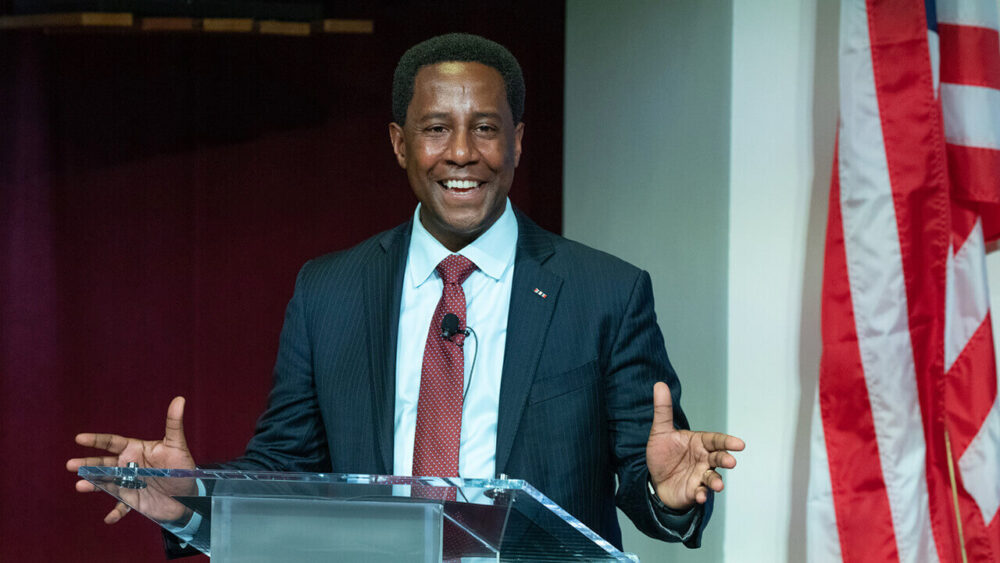
Nominations open for the 2026 Goldsmith Awards
Newsletter

Our weekly roundup of news found at the intersection of media, politics, policy and technology, from the Shorenstein Center and from around the web.
Combating Fake News: An Agenda for Research and Action. Where does fake news come from, why do people believe it, and how can its negative effects be mitigated? Which tactics are effective in stopping its spread, and what research is still needed in order to better foster information systems that encourage a culture of truth? A new report, written by Matthew Baum (Shorenstein Center), David Lazer (Northeastern), and others, addresses these questions and offers ideas for researchers, news outlets, and social media platforms hoping to take the next step in combating fake news.
Reporting on lobbying: An introduction, tips and examples, from Journalist’s Resource.
What the Press Still Doesn’t Get About Trump. Leah Wright Rigueur, Assistant Professor of Public Policy at HKS, writes that “three months into his presidency, the media still don’t seem to know how to handle Trump’s continued social media outbursts.”
The 100 Days That Turned America Upside Down. Neal Gabler, fall 2011 fellow, writes that President Trump “has not disrupted the system, if by ‘system’ you mean the prevailing social order…His disruption has been of the epistemological and moral sort.”
Trump’s Mexico border wall is so high, you can’t get over it. Melinda Henneberger, spring 2013 fellow, writes that people should not have been so “literal-minded as to think that when Donald Trump spoke of building a big, beautiful wall along our southern border, he meant an actual brick-and-mortar structure.”
NPR Adds Terence Samuel as Deputy Managing Editor. Terence Samuel, spring 2003 fellow, joins from The Washington Post.
From the Kennedy School Review. Students write about what it means to be Muslim in the U.S., and how the Trump administration could affect social innovation.
Sign up to receive Media and Politics Must Reads in your inbox each week. Also connect with us on Twitter and Facebook for more updates.


Center News

Center News